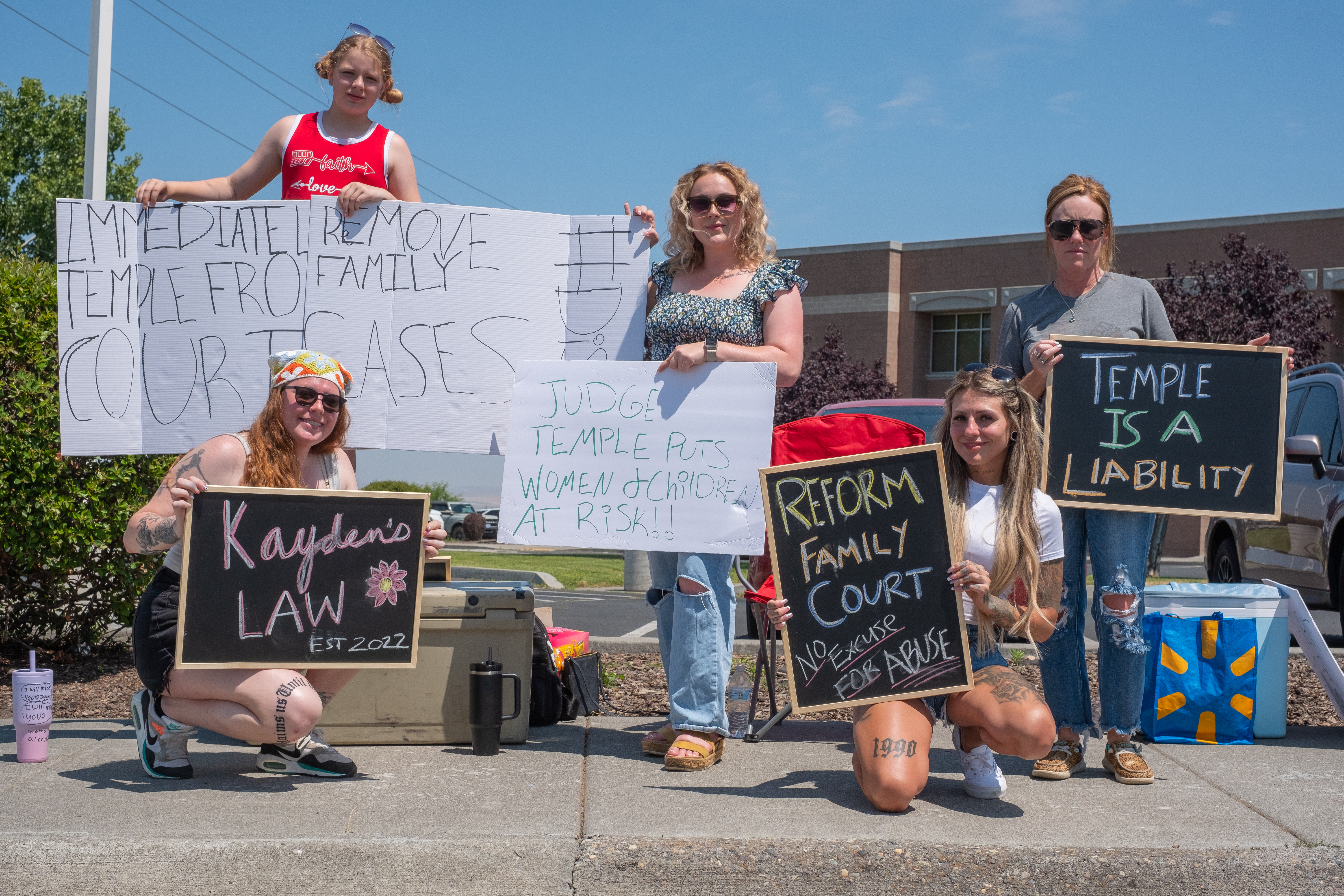Wallowa County opts against a deflection program for drug offenders
Published 7:00 am Tuesday, September 17, 2024

- Frolander
WALLOA COUNTY — While most of the state’s other counties are launching some form of deflection program intended to move drug users into treatment and away from the court system, Wallowa County is holding off for the time being.
“Wallowa County is not doing a deflection program at this time,” District Attorney Rebecca Frolander said in an email. “We do not have the resources, infrastructure or manpower to implement such a program.”
“We all think that a deflection program is an awesome idea in theory, OK?” Frolander said in an earlier interview.
But, she added, resources are a major issue. Wallowa County doesn’t have a detox facility and the money that was available to the county to start a deflection program — $150,000 — was not adequate for the county even to hire the needed supervisors.
So in Wallowa County, individuals charged with misdemeanor drug possession will be issued a citation to appear in court.
Frolander said county officials are planning an early disposition program, in which qualifying individuals would be offered the option of resolving their case at the time of arraignment. If they choose that option, they would enter into a judgment of conditional discharge, go on supervised probation, and complete alcohol or drug treatment along with any other probation requirements.
If successful, defendants would have their case dismissed and their records sealed.
If unsuccessful, the judgment of conditional discharge would be revoked, and they would proceed through the court system. If found guilty, they would go back on supervised probation — which likely would include a requirement to complete drug and alcohol treatment. If they’re successful then, they could again quality to have their record sealed. If they’re unsuccessful, their probation would be revoked, and they could be sentenced to a jail term of up to 180 days.
When the 2024 Legislature recriminalized possession of certain drugs, it gave counties the chance to develop their own deflection programs. But legislators didn’t make it mandatory — nor did they offer specific guidelines.
That was by design, said Ken Sanchagrin, the executive director of the Oregon Criminal Justice Commission. The idea is for counties to take different approaches, with an eye toward getting a sense of what works well — and what doesn’t.
A county that chooses not to launch such a program can learn from other counties, Sanchagrin said.
“So even if a county is on the sidelines now, in a year they could jump in,” he said, and “actually have some time now to plan and to think about what they’d like to do.”
The 2025 Legislature will grapple with the question of how to properly fund deflection programs for the long run. Everyone agrees that the amount of money allocated in 2024 is “woefully inadequate,” in Sanchagrin’s words.
But the 2025 Legislature also may decide to make some sort of deflection program mandatory for Oregon counties, Gov. Tina Kotek said in a recent session with EO Media Group journalists.
“So here’s what I would say to counties that haven’t started: Start planning,” Kotek said. “Look at the best practices. Think about how you can do it. Really get an understanding of the population you’re trying to serve, because we’d like everyone to be there.”






